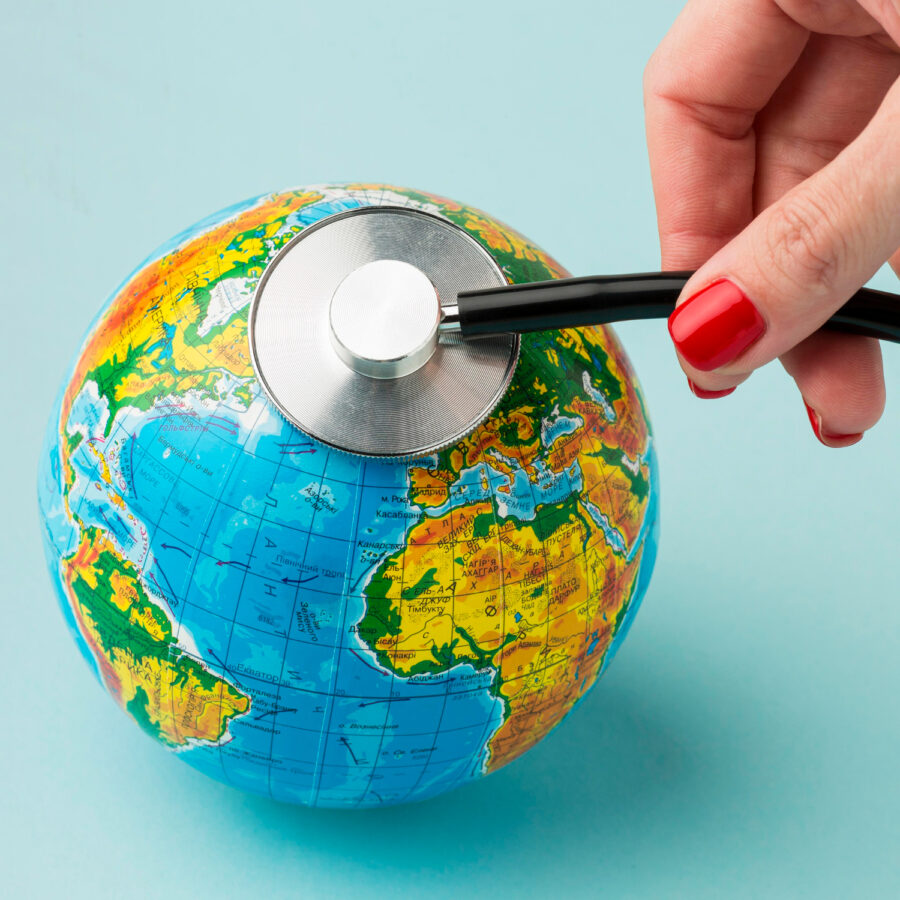Medical Tourism: What is it and where did it come from?

People travel across the world for a variety of reasons. Some are looking to visit friends or family; some are looking to conduct business; some are simply looking to explore an exciting and unfamiliar corner of the globe.
For a growing number of overseas travellers, however, the motives are more practical. There’s a service available in a foreign country, to which they have no access at home. Where this service is of a medical nature, this kind of travel is known as ‘medical tourism’.
So, if you can’t get a certain kind of cosmetic surgery on the NHS, and you don’t have the budget to go private in the UK, then you might pack your bags for a few weeks in Turkey, where the regulations on who can practice are a great deal more relaxed. In some cases, medical tourism isn’t simply driven by money: it might be that certain medical interventions are banned entirely in one country, like the US, but tolerated in another, like Mexico.
Medical tourism has surged in recent times, thanks to the Covid-19 pandemic. According to the New York Times, many Americans have lost out on health insurance thanks to the pandemic. In the UK, the story is slightly different – but the NHS still has considerable backlogs to clear, which have pushed many overseas.
We should also note that many of the people going overseas are actually immigrants returning to their homelands. They do this in order to overcome language barriers, and to be close to their families during recovery.
Some countries have become almost dependent on medical tourism, and offer luxury features like hotels and spas to complement the actual medical care itself. There might be more (relatively) unskilled staff on hand, too. Of course, this sort of thing doesn’t create medical competence, but it can make life easier for the patience.
What are the risks of medical tourism?
If you travel to a foreign country for medical treatment, then you won’t enjoy the same degree of protection under law that you might in the UK. In fact, that’s part of the reason for travelling: if doctors in the UK wouldn’t face severe punishment for performing the procedure you have in mind, then they wouldn’t object to doing it.
We should also note that there may be complications to flying home so quickly after surgery, including lethal blood clots. If you don’t have a firm grasp of the language in the country you’re travelling to, then you might end up misunderstanding the nature of the surgery being performed. While it’s possible to make a medical negligence claim overseas, it can be difficult – so it’s best to avoid the problem in the first place, wherever possible.